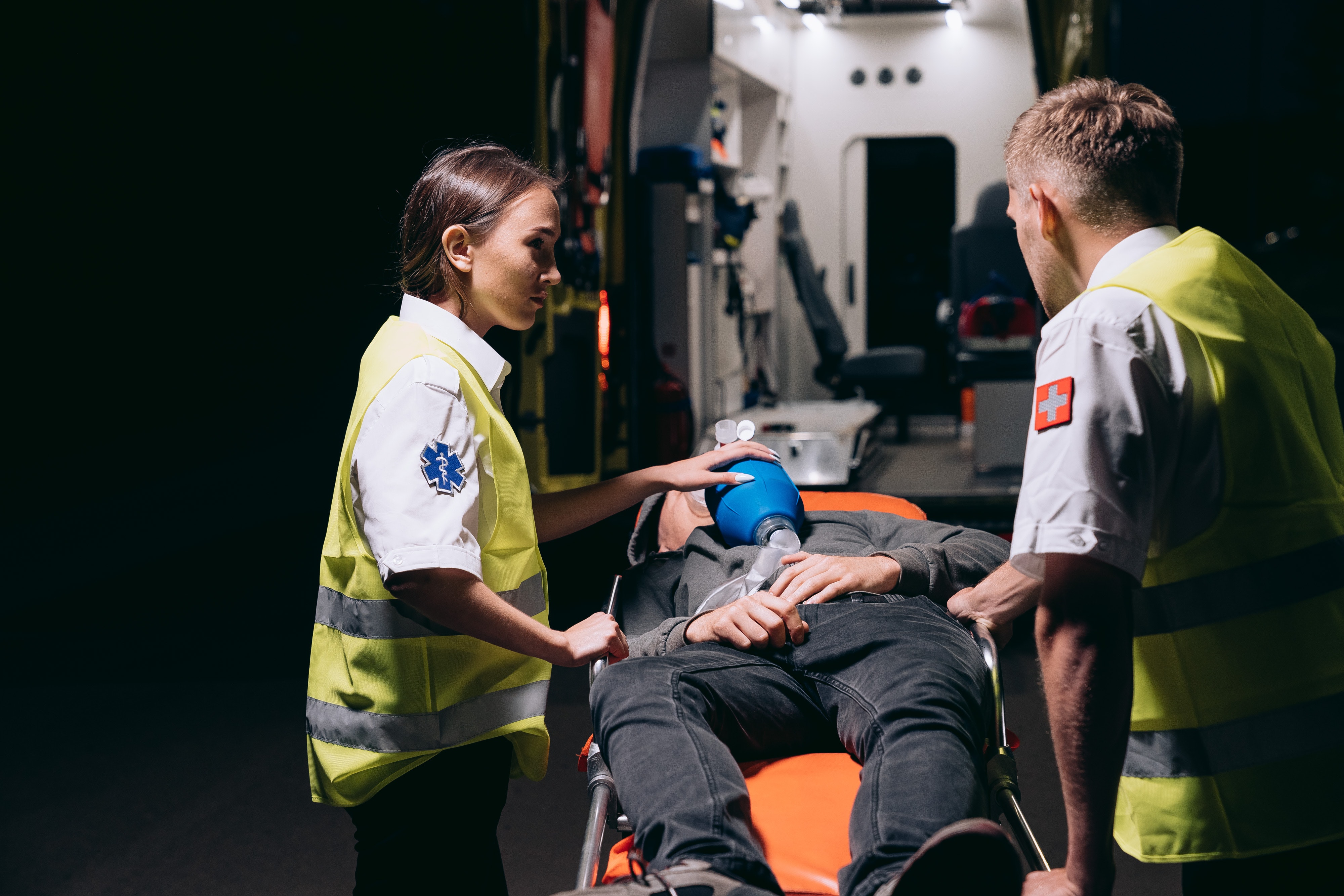Attachments
Note: Not all attachments are visible to the general public. Research URLs will go live after the embargo ends.

Journal/
conference: Australian Journal of Social Issues
conference: Australian Journal of Social Issues
Research:Paper
Organisation/s:
Monash University, Charles Sturt University
Funder:
No funding was received for this review.
Open access publishing facilitated by Monash University, as part of the Wiley-Monash
University
agreement via the Council of Australian University Librarians.



 Australia; NSW; VIC
Australia; NSW; VIC


